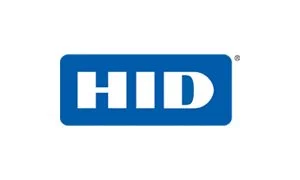Join the Collective Power of the Security Industry’s Leading Integrators
The PSA Network
The PSA Network unlocks unrivaled buying power, strategic partnerships and exclusive resources, giving owners a competitive edge to accelerate growth and lead their market.
With volume purchasing power and low overhead, PSA owners secure exclusive discounts on industry-leading technology, putting more savings back into owners’ pockets.


Register for Virtual Sales Training
PSA’s leading sales management consulting partner Vector Firm is hosting 10 virtual training sessions, every Tuesday and Thursday at 9 AM MT, Jan. 6 – Feb. 5, 2026, for PSA integrators looking to increase managed services sales. Registration fees are Training Bucks eligible and MSP Alumni receive a $100 discount!

Apply for the 2026 PSA Scholarship
Open to PSA owner and member companies and their families, this scholarship provides financial support for education and certifications in the physical and cybersecurity sectors.

PSA Joined FAST as an Exclusive Member
“At PSA, we’re deeply invested in the success of our members and the future of our industry,” said Matt Barnette, president and CEO of the PSA Network. “Joining FAST as an exclusive member allows us to further champion workforce development and elevate the next generation of security professionals who will shape out industry’s future.”
FAST is a 501(c)(3) nonprofit founded by the Security Industry Association (SIA) and the Electronic Security Association (ESA).
120-Day Terms for Eligible Owners!
In addition to PSA’s 90-day credit terms for owners and members, eligible owners can now extend to 120-day terms to enhance cash flow, sustain growth and ensure smooth operations. Contact your sales representative to see if you qualify!
Premier Security Solutions at Negotiated Pricing
Gain access to trusted technology partners’ products and services with negotiated pricing and volume discounts on BuyPSA.com, PSA’s webstore.

The Benefits of North America’s Largest Security Integrator Network
The PSA Network unites top-tier systems integrators and strategic partners to foster unmatched collaboration in the security industry.
-
Free Shipping
Early Pay Discounts
Extended Payment Terms
Extended Credit Lines
Training Bucks Fund
Learn more about PSA’s financial advantage.
-
Exclusive Networking Opportunities
Vetted Technology Partner Access
Nationwide Business Extension
-
Industry Leading Education at Events
Subsidized Training & Certifications
Confidential Peer Groups
-
Exclusive Membership
Dividends & Equity
Voting Rights














































